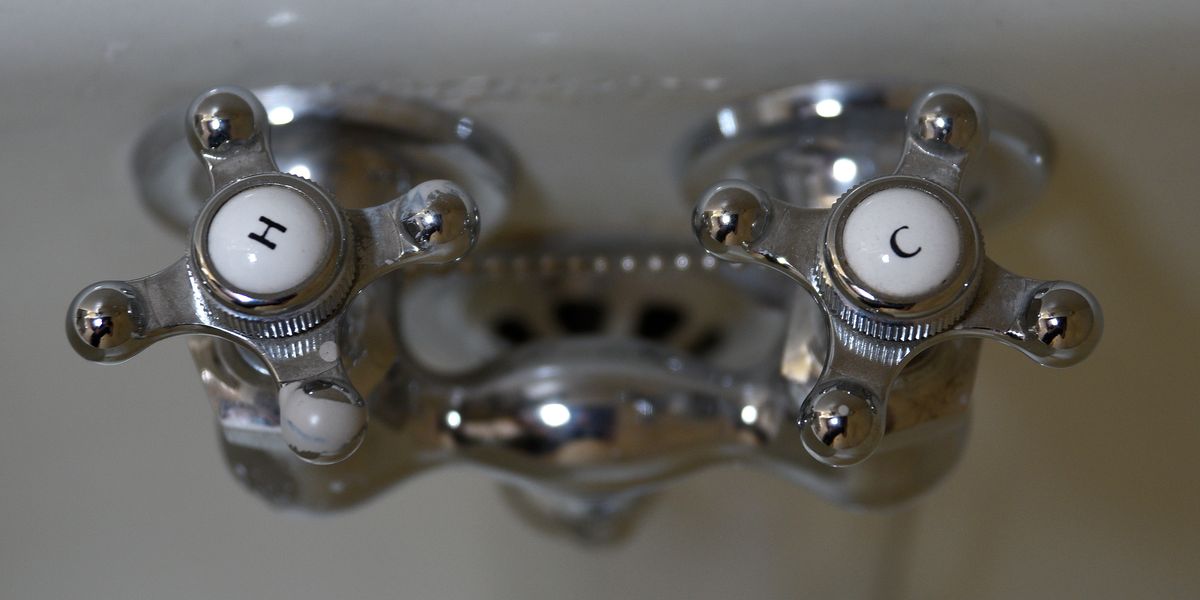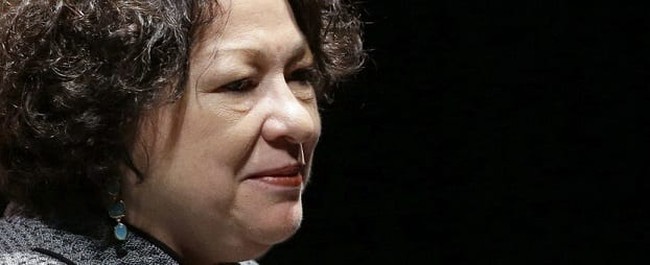You are using an out of date browser. It may not display this or other websites correctly.
You should upgrade or use an alternative browser.
You should upgrade or use an alternative browser.
The Inevitable New The Inevitable Trump Mocking Thread
- Thread starter Nonononono
- Start date
Riding in a big expensive car in view of thousands of adoring fans? It's been done better --
View attachment 6396
Yeah.......thanks for reinforcing my point in another thread .........YOU are 100 % a:
NAZI
FASCIST
SOCIALIST
COMMUNIST
sympathizer .....
You're a good little " Old " Brown Shirt that follows orders and supports " The Party "...
Spola Goebbels.
Hüsker Dü
DA

Ivanka takes taxpayer-funded business trip to Dubai. Twitter implodes.
Ivanka Trump’s recent trip to Dubai seems like nothing more than a taxpayer-funded “corporate” profit for Trump.

Ivanka takes taxpayer-funded business trip to Dubai. Twitter implodes.
Ivanka Trump’s recent trip to Dubai seems like nothing more than a taxpayer-funded “corporate” profit for Trump.www.frontpagelive.com
Where is Princess Ivanka in the order of succession to the throne?
Hüsker Dü
DA
I believe they think she is next.Where is Princess Ivanka in the order of succession to the throne?
Where is Princess Ivanka in the order of succession to the throne?
You two are sharing the same wet dream....how quaint...I believe they think she is next.
Hüsker Dü
DA
Only trumpies like you think that way.You two are sharing the same wet dream....how quaint...
The Russians are doing all they can to get t re-elected. He is the exact person they want. A weak pushover with an authoritarian bent that is easily swayed with simple flattery.
Russia Russia Russia......!
Go Putin Go........!
My Goodness are you dumb as a Rock.
Enjoy your evening Husky Poo Poo......
Sheriff Joe
DA
Just imagine how hurt you will be when he wins again.
Sheriff Joe
DA

Trump matches personal best job approval in RCP average, highest in more than three years
Just beaming this out there for any moderate Democrats who might be reading, in case they’re n
Sheriff Joe
DA

Bolton Comes Clean About the Value of What He Would Have Said
United States National Security Adviser John Bolton talks to the Miami Herald on Latin American po
Hüsker Dü
DA
I fully believe t will win, idiocracy. To many people who simply believe what they are told, on all sides.Just imagine how hurt you will be when he wins again.
Sheriff Joe
DA

Obama judge gives Roger Stone 40-month sentence — and rants against Trump
Judge Amy Berman Jackson, an Obama appointee, handed down Roger Stone's sentence today: 40 months. That's 40 months longer than anything done to James Comey, Andrew McCabe, Hillary Clinton, James Clapper, or the other Deep State ac...
Hüsker Dü
DA
And getting full support from McConnell and his disciples.You have to get a kick about Trump being aligned with Putin against the U.S. intelligence services. It's really a trip.
And getting full support from McConnell and his disciples.
You are a " Lemming " and you love being a " Lemming ".....
Poor poor Husky Poo you have no independent thinking so
just continue to tag on old propaganda from the old forum
perv Tony Clifton.....
You and yours are getting your asses kick even more with
each passing day....
For 24 years ( Three terms of Idiots ) you losers followed the
shitting rumps of Clinton, Bush and Obama lapping up the
filth they deposited on America.....
This President has turned the equation inside out and proved
that the Washington DC Swamp is full of it.....
Now you losers are circling the drain and crying over your own
self inflicted pain.....
Carry on Husky Poo Poo.....Lap up that Democrat Doo Doo....
Sheriff Joe
DA

11-year-old girl gives birth in a bathtub. Now her father — an illegal alien who was once deported — her mother, and brother are under arrest. | Blaze Media
Disturbing allegations
 www.theblaze.com
www.theblaze.com
Sheriff Joe
DA
This is what a cunt looks like.
Build that wall.

 www.redstate.com
www.redstate.com
Build that wall.

Justice Sotomayor Accuses Her Conservative Supreme Court Colleagues of Doing Trump's Bidding
The justices of the U.S. Supreme Court gather for a formal group portrait to include the new Associ


